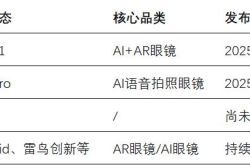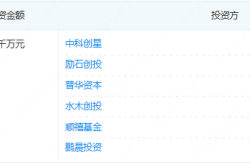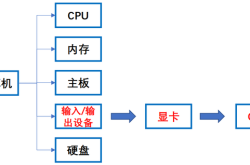Global Top Tier 1 Supplier Initiates Another Round of Layoffs, Affecting 13,000 Jobs
![]() 10/09 2025
10/09 2025
![]() 603
603
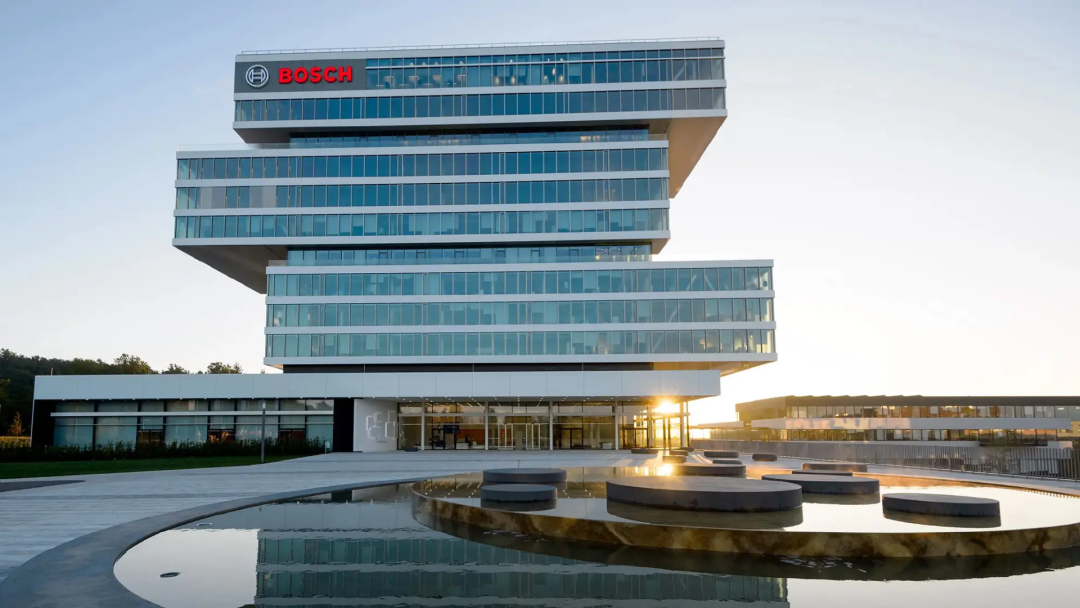
€2.5 Billion Cost Deficit
Author: Wang Lei
Editor: Qin Zhangyong
Indeed, the world's leading Tier 1 supplier is once again embarking on a path of employee layoffs.
Recently, Reuters disclosed that Bosch is planning to implement substantial layoffs over the next five years. This move will impact 3% of its global workforce, equating to 13,000 employees, with the primary focus on its German Mobility division (formerly known as the automotive components business unit).
Furthermore, these layoffs are not part of any previous cost-cutting initiatives. This means they are in addition to the 9,000 job reductions already announced in Germany for 2024.
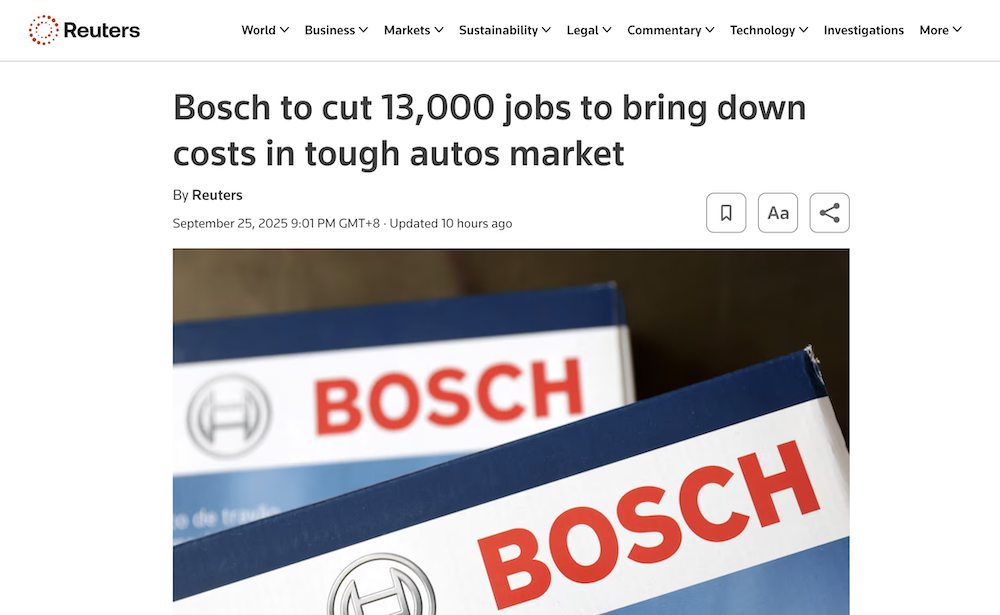
In total, Bosch's layoffs in Germany will surpass 22,000, indicating that nearly one-fifth of the employees in Bosch's German automotive business unit will face job loss.
The harsh reality is that Bosch's layoffs extend well beyond these figures. According to financial reports, as of December 31, 2024, Bosch employed approximately 417,900 people worldwide. This represents a nearly 3% decrease (almost 12,000 fewer employees) compared to the previous year, excluding those already laid off but still included in the layoff plans.
With the additional 13,000 layoffs, Bosch's cumulative job reductions now exceed 25,000.
01 €2.5 Billion Cost Deficit
Unlike previous vague announcements of large-scale layoffs, this round—though extending to 2030—has clearly specified the number of layoffs at each factory.
Bosch stated that the layoffs will primarily affect its Mobility division, especially factories in Germany, including those in Stuttgart, Bühl in Baden, and Homburg in Saarland. The process will occur in stages.
The Stuttgart region will be the hardest hit, with three factories already included in the layoff plans. For instance, the Feuerbach site, responsible for R&D, sales, management, and powertrain solutions, will cut about 3,500 jobs by the end of 2030. This includes approximately 1,500 factory positions.
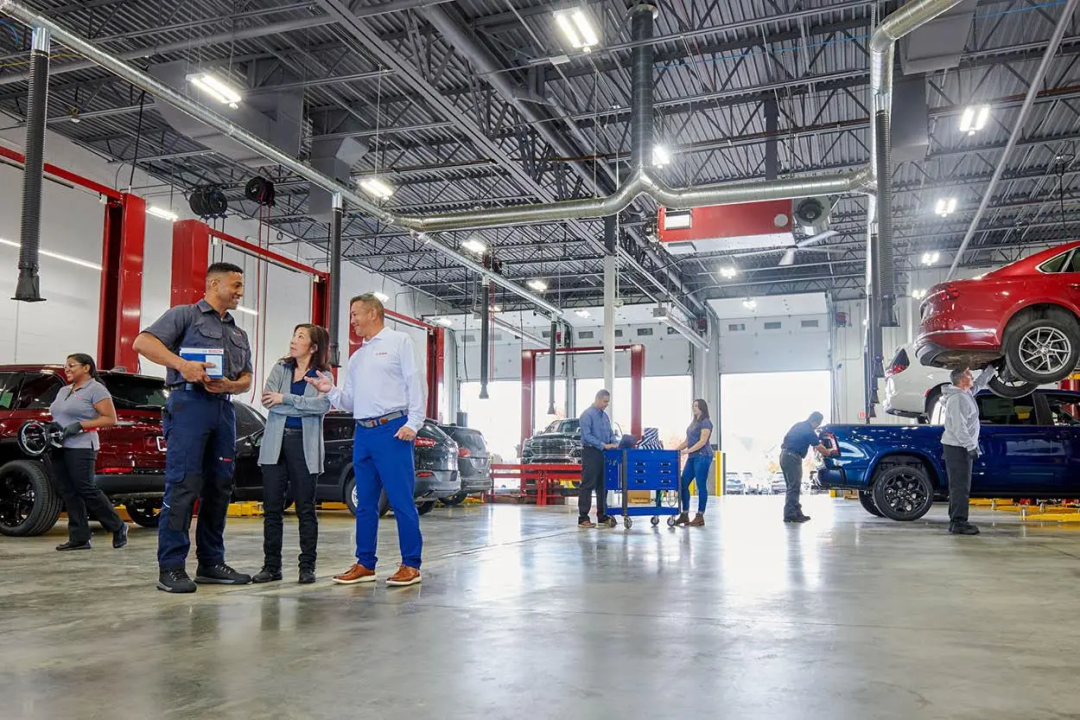
The Schwieberdingen site will cut about 1,750 jobs in sales, procurement, management, and R&D for powertrain solutions, electric drives, and automotive electronics. The Waiblingen factory plans to phase out connection technology production, which currently employs about 560 people, by the end of 2028.
Additionally, the Bühl factory in Baden, which develops and produces compact electric drives for European automakers, expects to adjust about 1,550 jobs by the end of 2030. This will affect sales, procurement, management, R&D, and production.
The Homburg factory, primarily producing diesel truck components, plans to cut about 1,250 jobs by the end of 2030 and consolidate powertrain solution-related businesses in the eastern part of the factory.
Such large-scale layoffs are unprecedented and have naturally sparked dissatisfaction from Bosch's union. The union demands that Bosch abandon layoffs for operational reasons. They argue that Bosch's current moratorium on layoffs in the Intelligent Mobility division lasts until the end of 2027. This means Bosch should not lay off employees in this division before 2028.
Coincidentally, Bosch is divided into four main sectors: Intelligent Mobility, Consumer Goods, Industrial Technology, and Energy & Building Technology. For example, in 2024, the Bosch Group achieved €90.3 billion in revenue, with the Intelligent Mobility sector contributing €55.8 billion, highlighting its core importance to Bosch's business.
The frequent and large-scale layoffs have also drawn criticism from long-serving local employees. Sell, a third-generation Bosch worker, commented, "This raises doubts about what will remain in the future and how we can shape it."
Despite questions and opposition, Bosch remains resolute in its layoffs, claiming it has "no choice."
"We urgently need to enhance the competitiveness of our Intelligent Mobility business and sustainably reduce costs. To this end, we are taking various measures. Unfortunately, in addition to the previously announced layoffs, we must further cut positions. This decision pains us, but we currently have no alternative," said Stefan Grosch, Bosch Group's Human Resources Director.
In early September, Bosch had already issued a "warning signal," revealing that its core Mobility division faced a €2.5 billion (approximately $2.95 billion) cost gap.
Markus Heyn, a Bosch board member and head of the Intelligent Mobility sector, stated that Bosch plans to cut billions of euros in costs by 2030. At the time, speculation arose that Bosch would conduct large-scale layoffs.
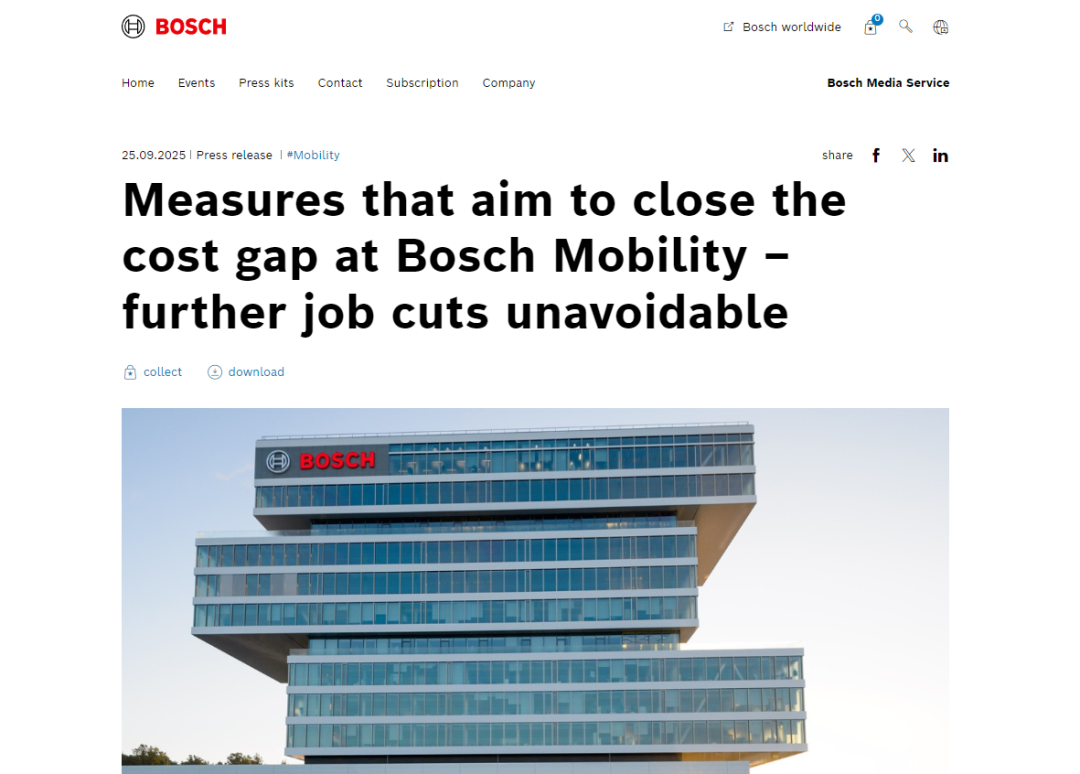
Furthermore, under Bosch's 2030 strategy, the company aims to achieve 6%-8% annual sales growth and a 7% EBIT margin. However, the Intelligent Mobility sector's EBIT margin is only 3.8%, far below the target, due to weak overseas sales demand.
With comprehensive cost-cutting measures in place, layoffs have become an inevitable choice.
Bosch stated in a press release that a sharp decline in market demand has led to severe overcapacity in administrative, sales, R&D, and production departments. This makes it "unrealistic to maintain current staffing levels."
For Bosch, layoffs seem inevitable.
02 Not All Businesses Are Cutting Costs
However, in stark contrast to the large-scale layoffs, Bosch is making significant investments in artificial intelligence.
At the 2025 Bosch Technology Day, the company announced it will invest over €2.5 billion in AI by 2027. Stefan Hartung, CEO of Bosch Group, said, "AI breakthroughs enable us to accelerate innovation and transform it into business."
This includes the autonomous driving sector. Bosch expects that by 2035, AI-based assisted and autonomous driving solutions will generate far more than €10 billion in revenue for the group. Software, sensor technology, efficient computing, and network components are expected to double in revenue.
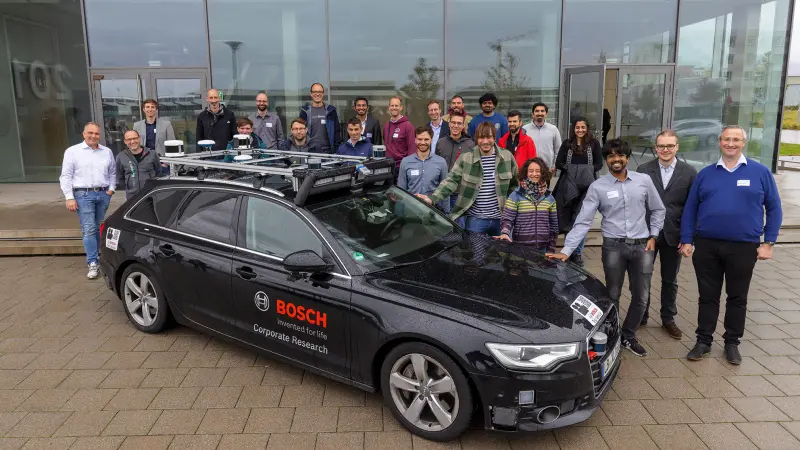
Bosch's specific applications of AI include environmental visualization and route planning. With AI, vehicles can anticipate and predict the behavior of other road users and calculate the safest way to reach their destination.
In smart manufacturing, Bosch has focused on agent-based AI, which can make decisions and execute actions independently. Tanja Rueckert, a Bosch board member, said, "Agent-based AI can drive AI forward similarly to how smartphones propelled the internet."
Meanwhile, Bosch continues to enhance its employees' AI skills. Since establishing its AI Academy in 2019, over 65,000 employees have received training, with nearly 5,000 becoming AI professionals.
The contrast between large-scale layoffs in the Mobility division and increased AI investment reflects Germany's struggles as a traditional manufacturing powerhouse during the electrification transition.
Bosch's cost-cutting survival strategy is not unique. In recent years, several German automotive component suppliers have announced layoffs.
For example, Continental AG announced in February that it plans to cut about 3,000 jobs by the end of 2026. Prior to this, Continental had already conducted multiple rounds of layoffs, totaling over 10,000 jobs.
German component giant ZF Friedrichshafen also announced plans to reduce its German workforce by a quarter by the end of 2028, from the current 54,000 employees to between 11,000 and 14,000.
Against the backdrop of the booming new energy vehicle industry, Germany, the birthplace of automobiles, is experiencing the frustration of being at the mercy of market forces.
The cruelty of industry upheaval may indeed be as Bosch board member Markus Heyn said: "The era of Germany supplying components to the world is over."

